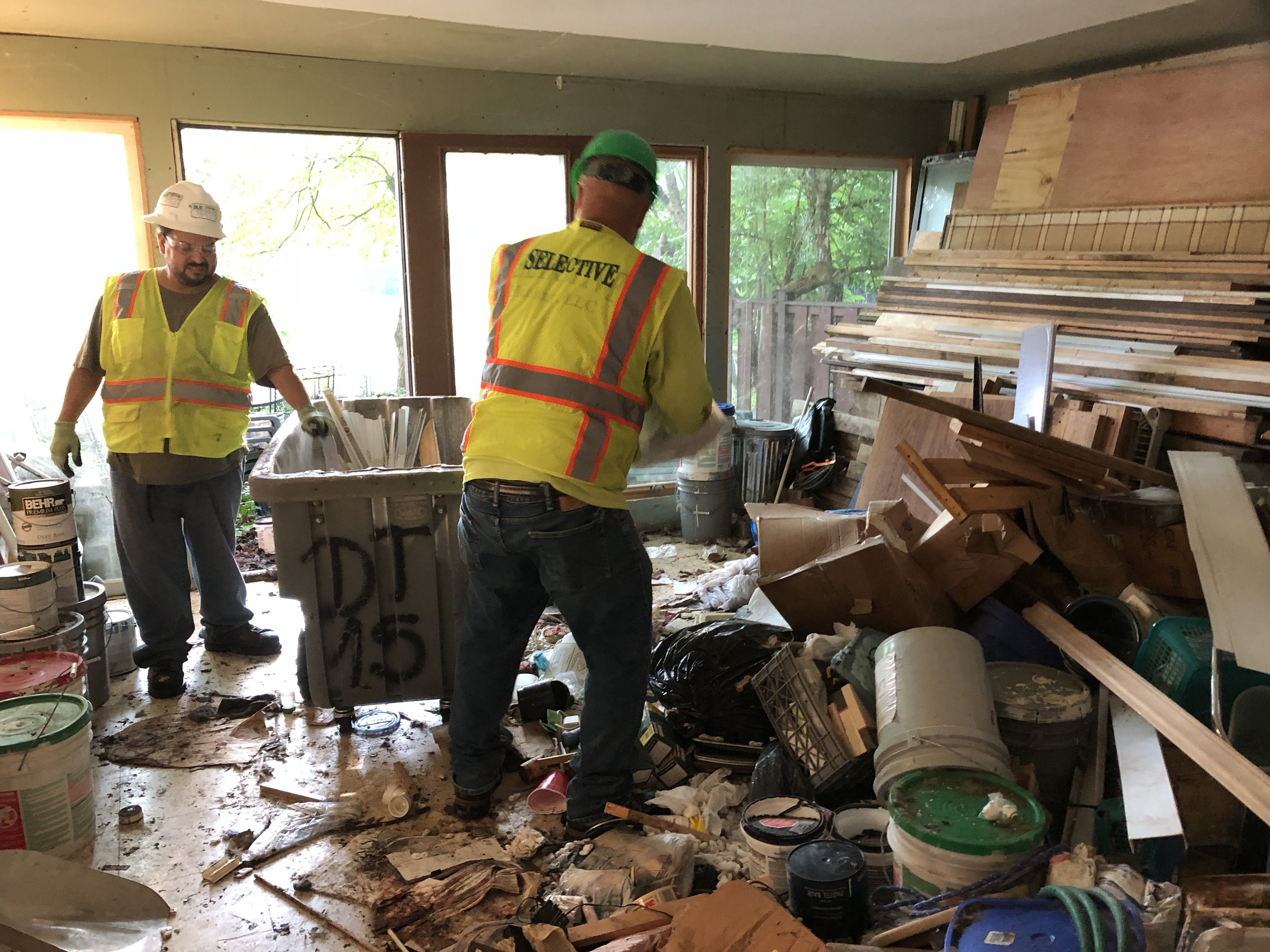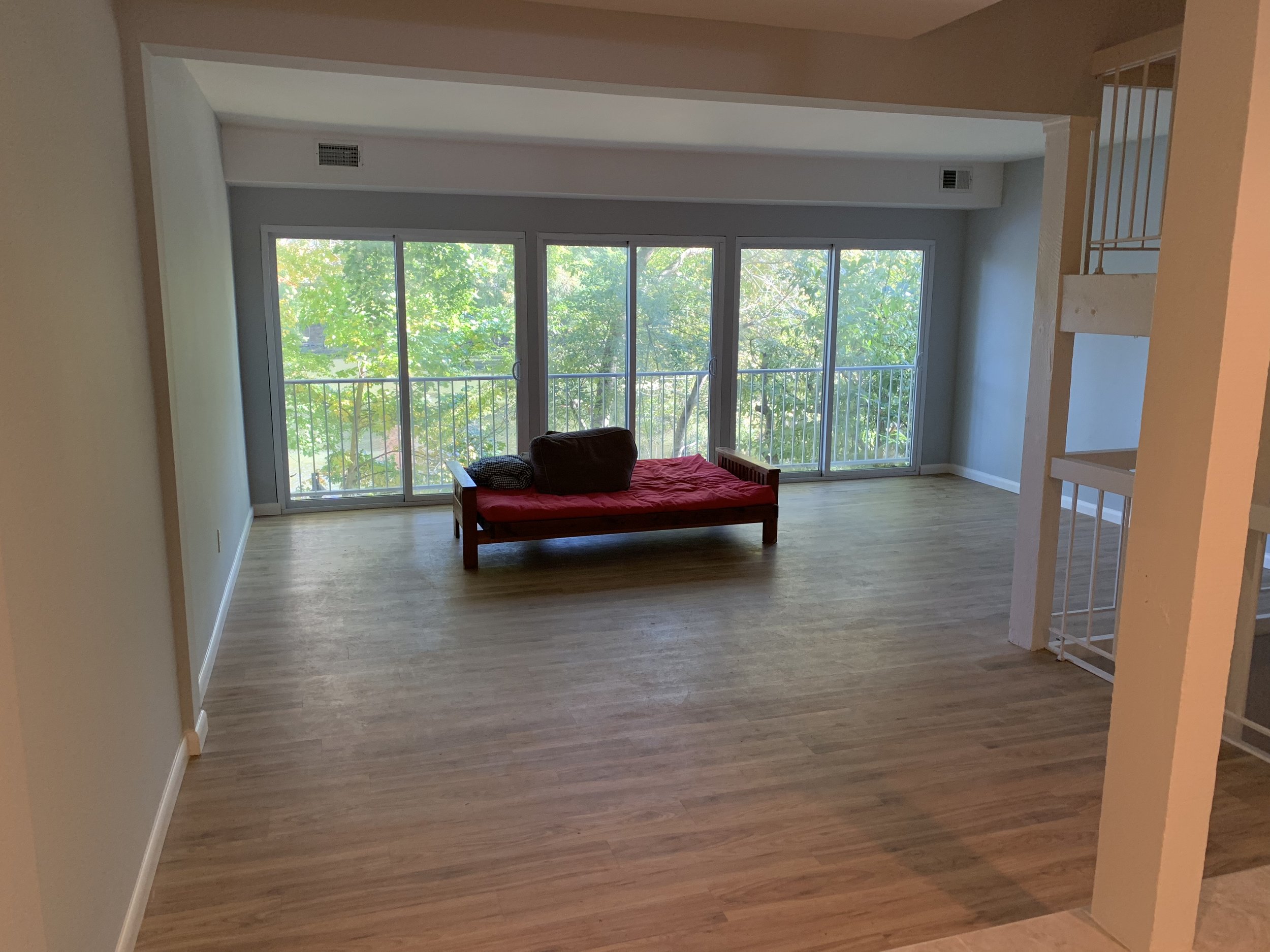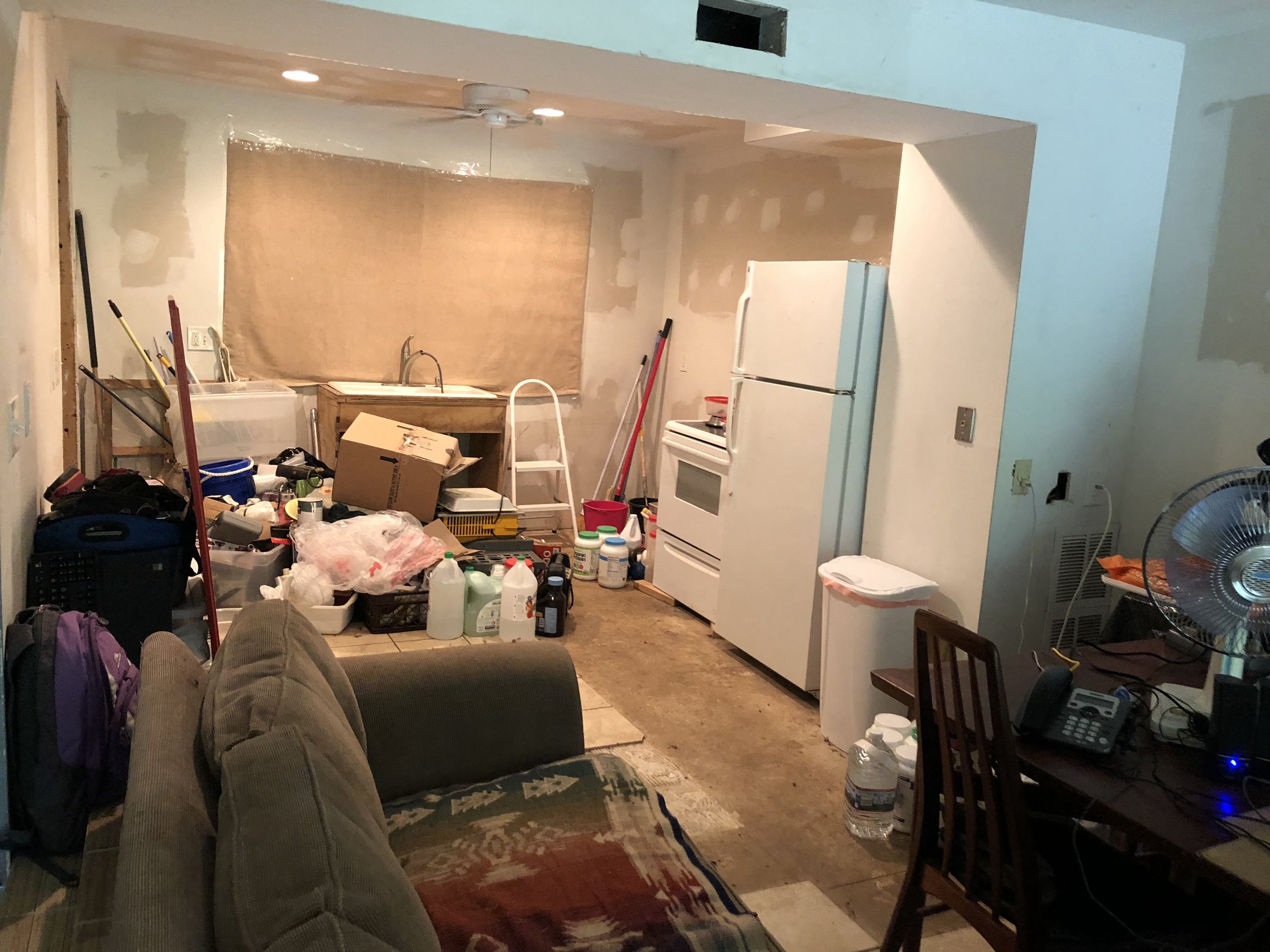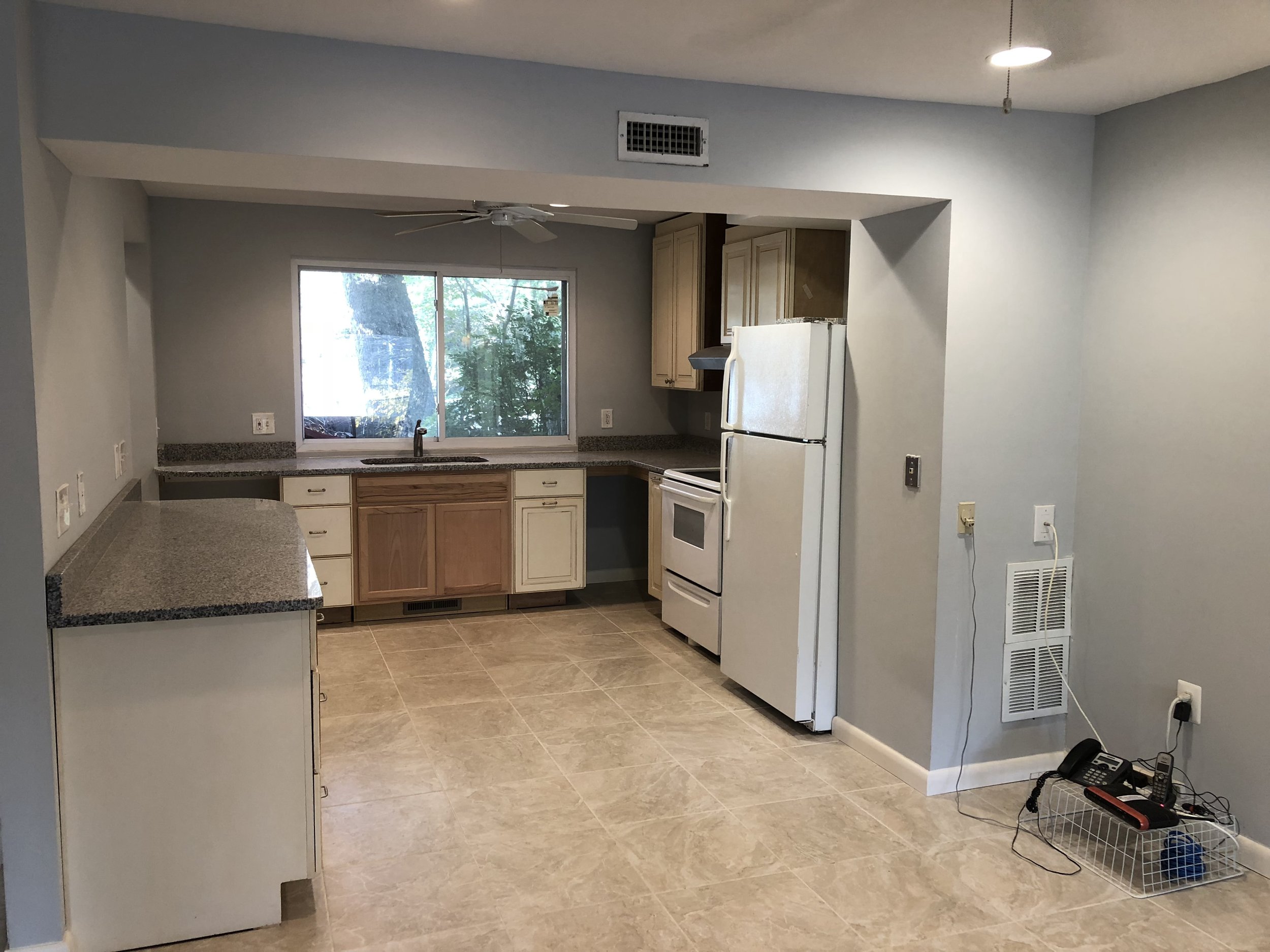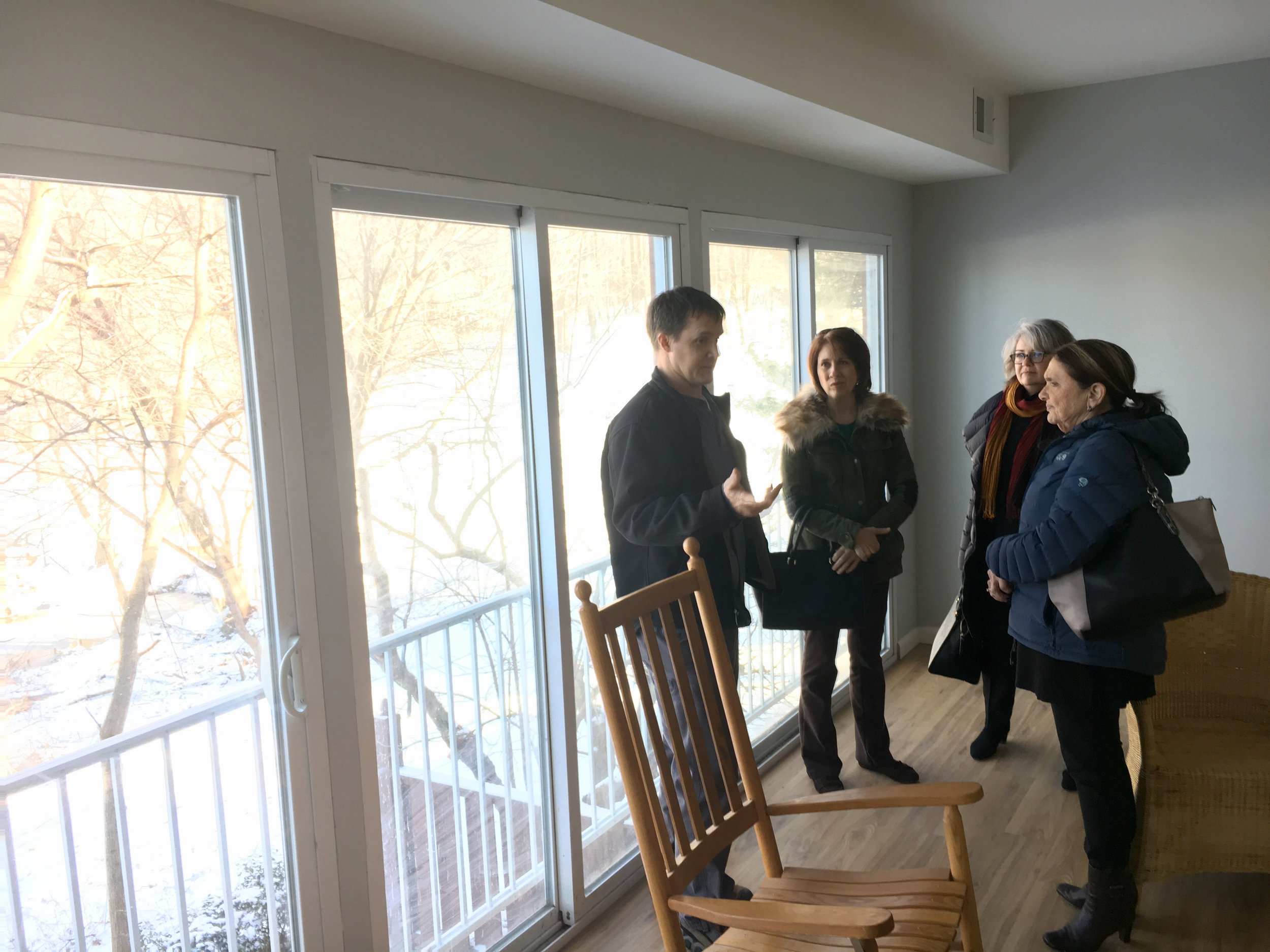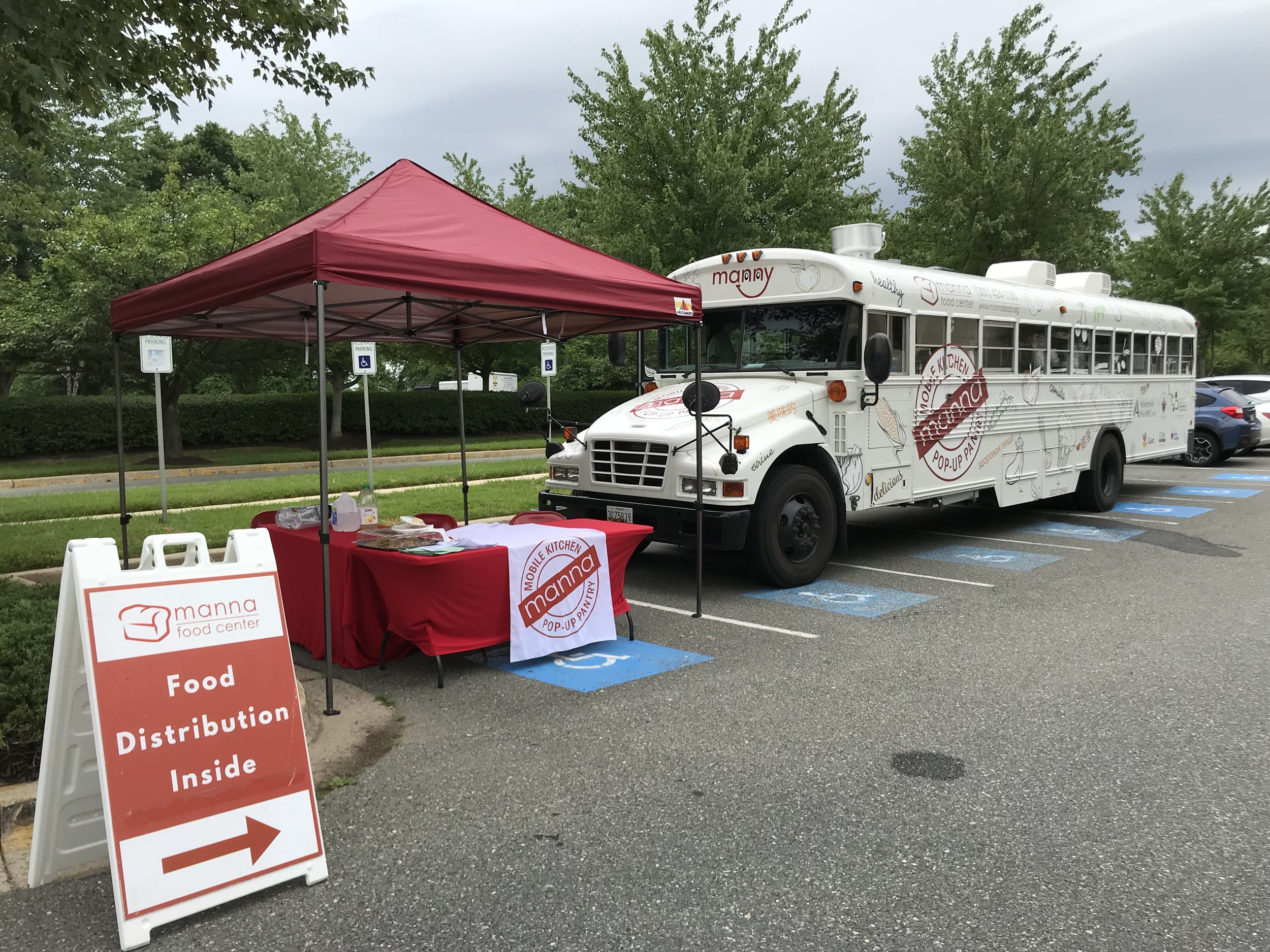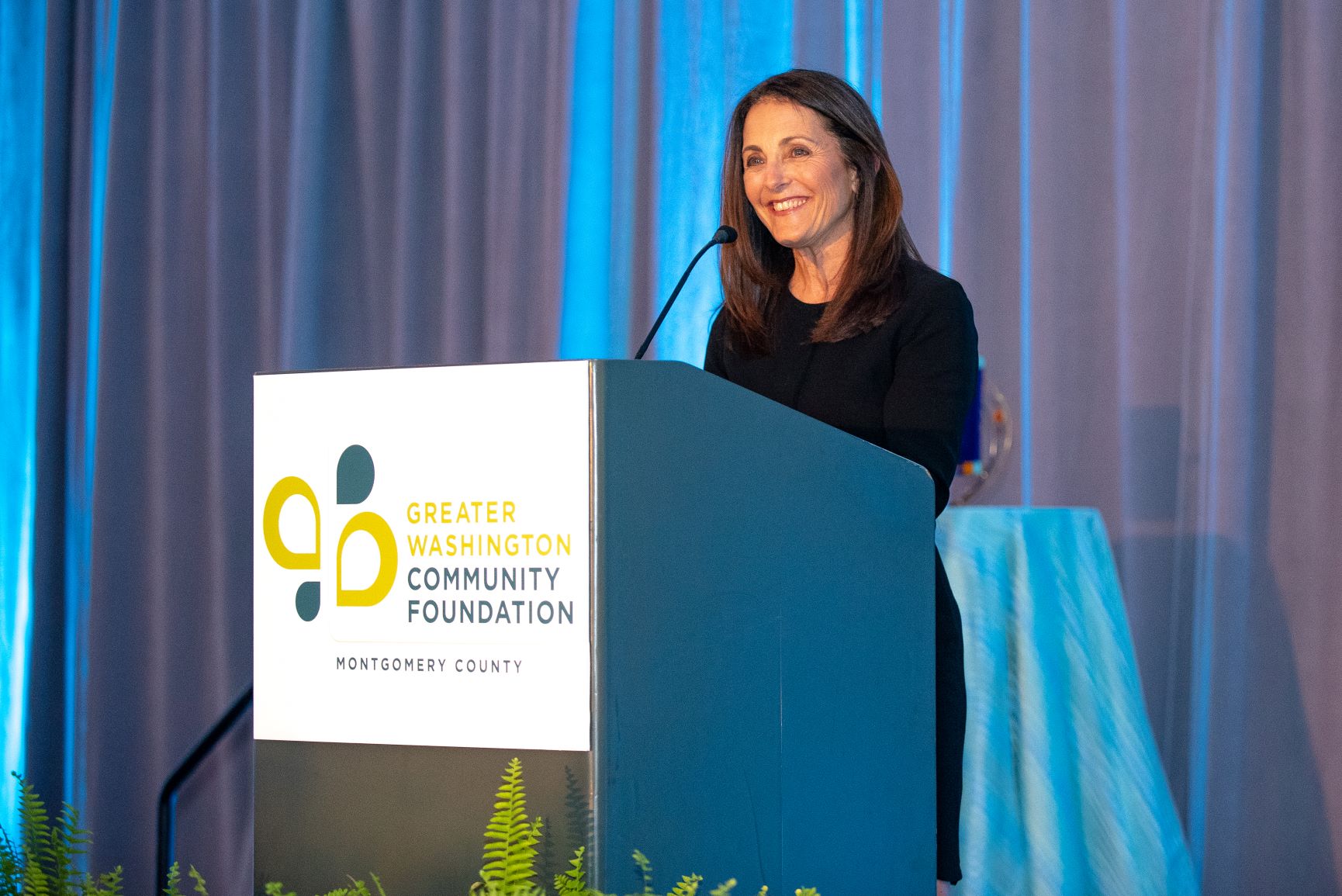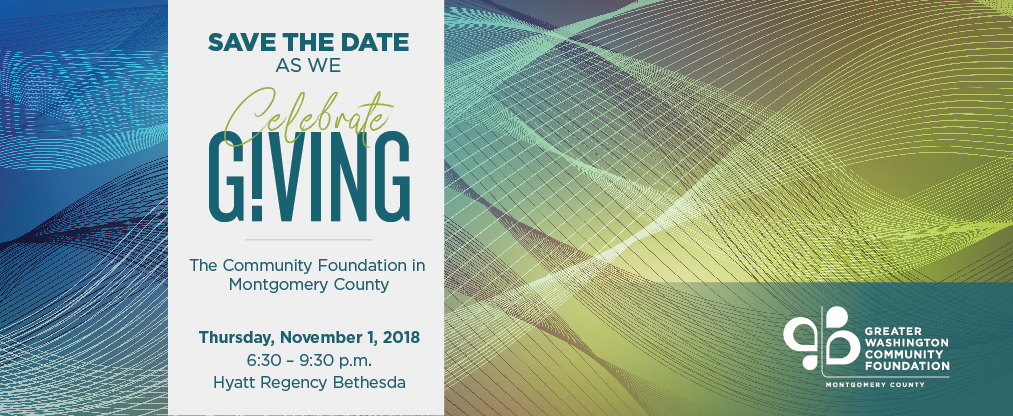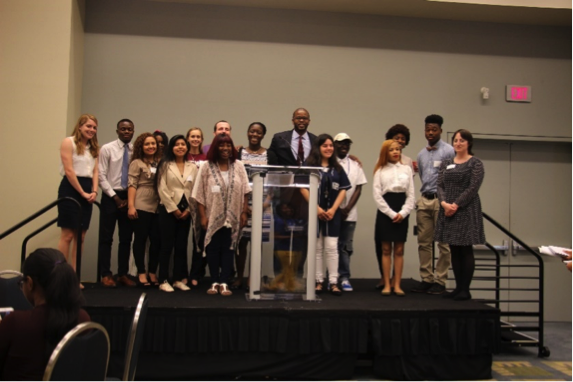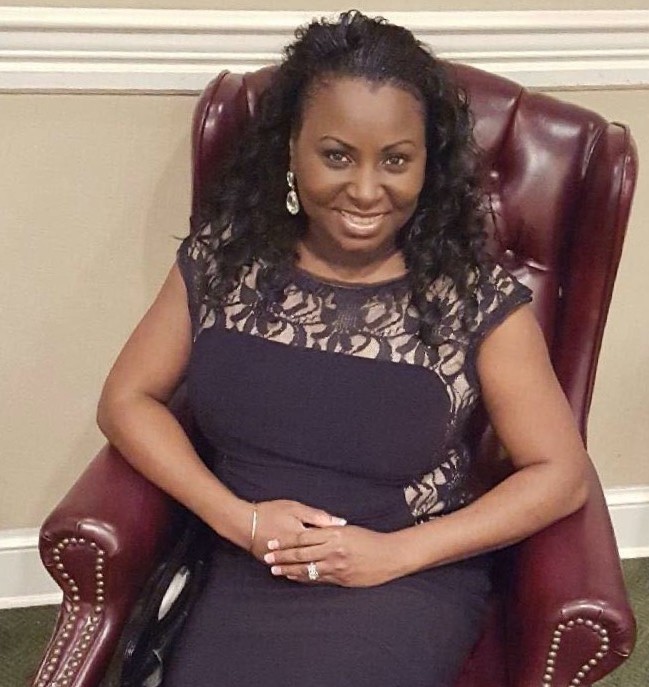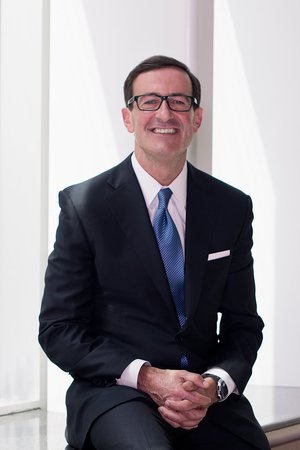By Bruce McNamer, President and CEO
As we reflect on our 2019 fiscal year (April 1, 2018 – March 31, 2019), the generosity and community spirit of our donors, partners, and community members gives us so many reasons to celebrate.
This year, the launch of our new Building Thriving Communities framework refocused our strategic grantmaking approach on addressing poverty, deepening culture and human connection, and preparing for the future of work. This refresh deepens and expands The Community Foundation’s existing work by leveraging new tools, prioritizing strategic partnerships, and developing innovative approaches to address the region’s most pressing challenges. Inspired by this framework, we are excited to lead a public-private partnership with the DC Interagency Council on Homelessness to build off District Government’s strategies and momentum by making critical investments to ensure homelessness is rare, brief and non-recurring in DC.
In January 2019, volunteers sorted produce the Capital Area Food Bank provided to furloughed federal workers and contractors at popup markets around the region during the government shutdown. Photo provided by the Capital Area Food Bank.
Our Resilience Fund continued to provide emergency grants to nonprofits responding to the local impact of federal policy changes, including assisting with reuniting families separated at the border and detained in MD or VA, and providing legal or medical services and advocacy for immigrants, refugees, Muslims and other vulnerable communities in our region. The Fund also responded to the recent partial Federal Government shutdown by mobilizing community support for nonprofits providing vital relief, such as emergency cash and food assistance, to our neighbors experiencing hardship.
In November 2018, members of our Sharing Montgomery Committee visited the nonprofit Identity to learn about its trauma-informed, positive youth development approach to serving 3,000 Latino youth and families.
Our Sharing Funds brought together donors for nearly 50 nonprofit site visits to learn about work to improve outcomes for low-income children and families. Donors participated in a review process and selected 77 local nonprofits to receive $685,000 in grants. Sharing DC addressed homelessness with flexible funding to help our neighbors obtain and move into permanent housing and provided support for youth homelessness prevention and intervention programs, including services for LGBTQ youth. Sharing Montgomery and Sharing Prince George’s focused on the economic security needs of county residents by supporting nonprofits providing educational, workforce development, safety-net, or capacity-building services.
Our community celebrated the spirit of local giving at our annual receptions in DC in March, and in Montgomery County and Prince George’s County last fall. These events brought together a thousand community leaders and raised nearly $1 million for the Fund for Greater Washington, which enables The Community Foundation to provide vital resources to civic and community organizations, incubate new solutions, and conduct programmatic initiatives and advocacy.
Despite a volatile stock market and uncertainty around the implications of the new tax law, our donors continued to give to the causes that matter most to our community. During the last fiscal year, our community of givers contributed more than $66 million to charitable giving funds at The Community Foundation. Together, we continued to invest in enhancing our communities with more than $64 million in grants to a diverse range of issues from human services to education, workforce development, health care, the arts, economic development, and so much more. Our donors’ actions inspire us and demonstrate that in communities throughout the Greater Washington region, we take care of each other.
Our impact is immeasurable in terms of the hope and opportunity it provides. Together, we have helped more youth prepare for college or career, more families to access critical supports and services, and more workers to launch family-sustaining careers. Together, we are making the Greater Washington region a more thriving, just and enriching place to live for all.
Thank you for continuing to be our partner in strengthening our communities every day.




